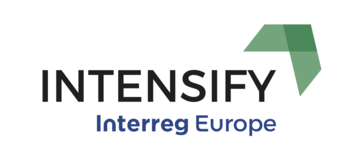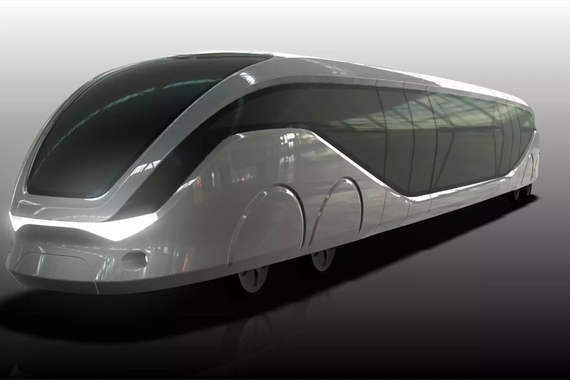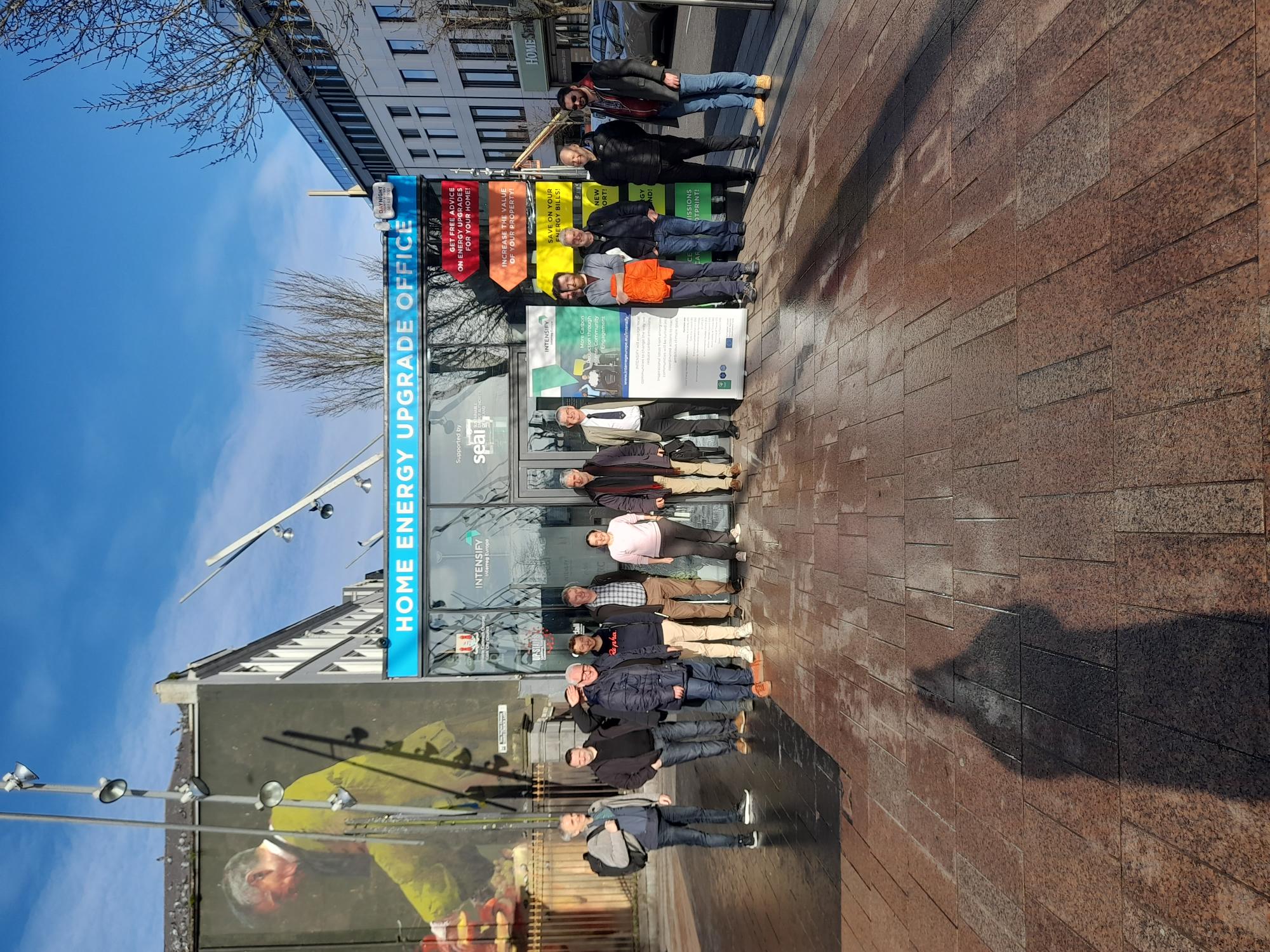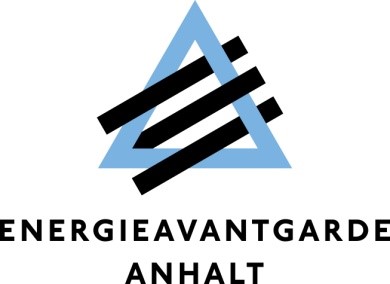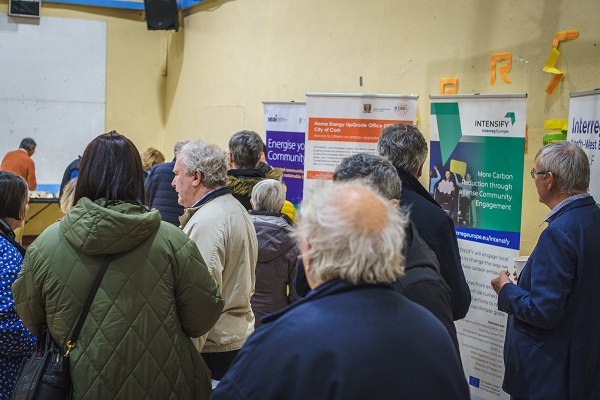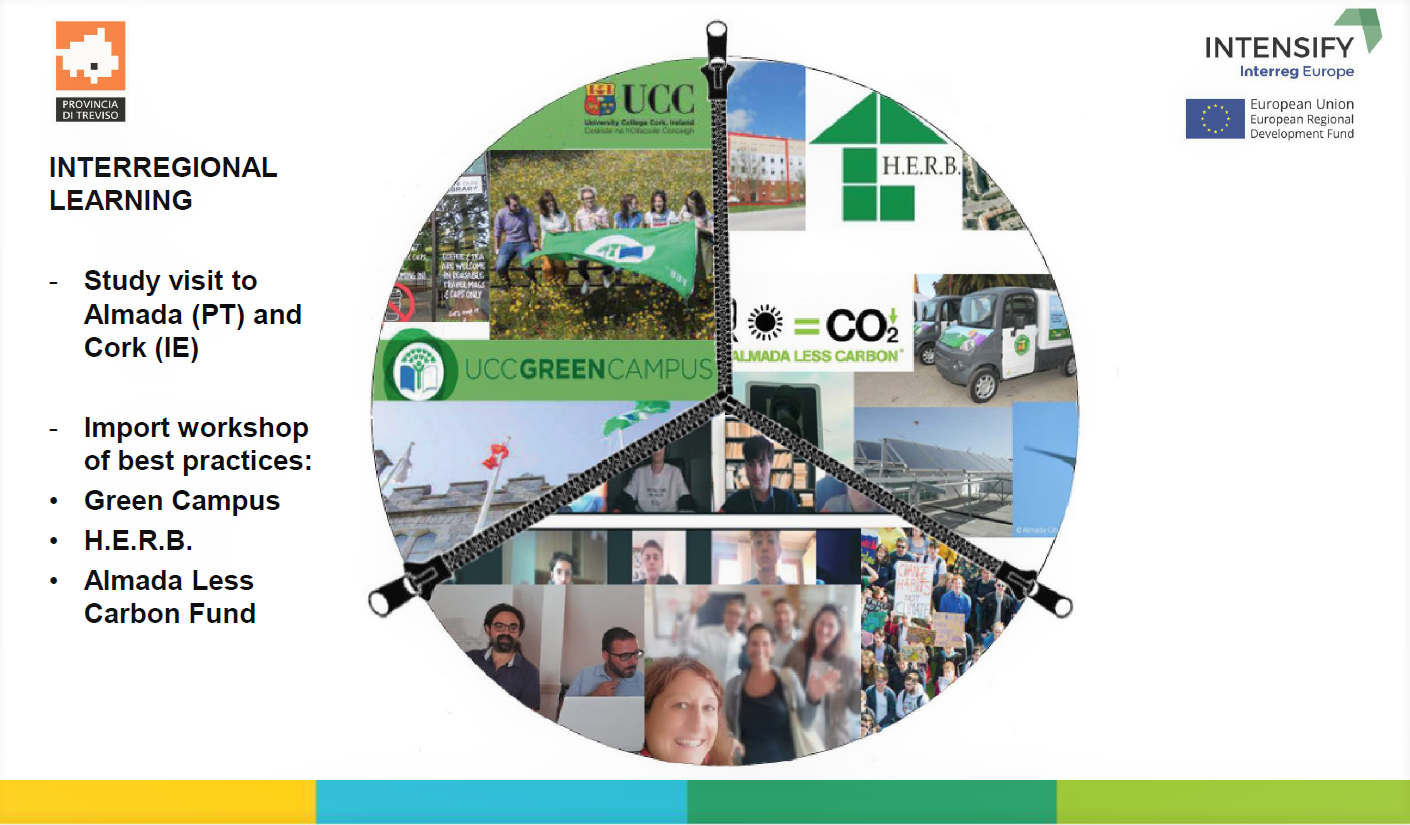At the fourth thematic event of the Interreg Europe Intensify project partners and invited stakeholders were given very useful insights into the design and use of digital social platforms. The event was hosted by the CEA of the spanish city Vitoria-Gasteiz.

These insights were shared by Theo Fernandes who lectures in the New University of Lisbon on topics as diverse as Hydrology, Hydraulics and Decision Support systems. Theo is also the chief attitude officer of the company Chimp.pt, a company he founded in 2007. He co-authored the POWER platform concept is the in-house consultant for the POWER H2020 partner BASEFORM. Theo is an environmental engineer with over twenty years experience. He has participated in many innovative projects regarding environmental data and government platforms.
Theos presentation focused on his companies experience with digital social platforms (DSP's), the companies involvement with the Milton Keynes POWER DSP and proposals for future successful DSP's.
DSP's are more than just gamification tools, more than just data collection a display platforms, more than just public consultation platforms even though each of these may be an important element of a DSP. The term DSP is really just jargon for a combination of online citizen engagement tools with that aims to bring citizens to a new path of participation in serious matters related to the decision making process. They are often referred to as collective awareness platforms (CAP's).
A very good example of a DSP/CAP is the European Commission funded DECARBONET research project. The project investigated the potential of social platforms in mitigating climate change. The project sought to raise individual and collective awareness, trigger behavioural change and analyse behavioural patterns and information diffusion. More information on this project is available at www.decarbonet.eu.
Another good example of a DSP in development is the POWER DSP, which will be sued to engage with citizens on water consumption. The project involves four demonstration cities including Milton Keynes hosting the platform, with a public facing tier and a backend or HUB to manage the platform. Platform content is organised within challenges that are managed by the city council or utility users. The engagement takes place through gamification and information sharing. More in formation on this project is available at www.power-h2020.eu/power-dsp.
With regards to the development of future DSP's Theo advised that:
a. they should be planned after a detailed analysis of the requirement has been carried out,
b. both the content and user experience are key success factors,
c. the DSP needs to be where the community is,
d. to succeed the various platform tools should be integrated and,
e. the DSP will live on after the project is completed and so it's afterlife should be planned.
